One thing that is certain, we know that adjusting to change can be challenging. Be it planned or unplanned, gradual or sudden, change is inevitable and very much part of being human. Over the past few months, we’ve experienced an unprecedented shift in our way of life due to COVID-19. Before we know it, we’ve reluctantly let go of our old normal and now settling into what seems to be our new normal.
Even when society starts up again, there will still be restrictions and we are facing fundamental shifts to our way of life.
There will be economic damage, but people are learning how to cope and businesses are adjusting. Many lessons will have been learnt and firms that survive will be more resilient and productive.
It is clear that this pandemic cannot be directly compared to previous economic events. It has not been caused by bubbles or “inappropriate economic policies”. As such, we cannot directly compare the recovery with the recovery after events such as the 2008 financial crisis. Similarly, it is wrong to think of policy choices as a direct trade-off between addressing the health crisis and safeguarding the economy.
It is a worrying time for many individuals and businesses on both a health and economic footing. But what coronavirus has shown is that people and organisations can be innovative, adaptable and resilient. An understanding of the broader economic outlook which such attributes will both shape and respond to will be crucial for the future.
But more importantly, it also abruptly changed people’s buying habits, preferences and mindsets. Consumer journeys ventured much further and faster into the digital economy, with activity surging across many e-commerce and social media platforms. People became acutely aware of the fragility of human health and the deep interconnectedness of today’s world, showing greater interest in health and sustainability-related issues.
In response, many companies moved quickly to keep pace with customers’ new demands by dramatically scaling up their digital footprints – including those from sectors not traditionally associated with online platforms. With the outbreak having now abated, consumer economy is recovering as people slowly return to their daily lives. Rekindling growth in consumption is an absolute priority for policymakers, particularly as the global economic outlook continues to darken.
Yet it will likely be a long climb back. What’s more, the new normal will look very different, with the pandemic set to have deep, long-lasting effects across the consumer landscape.
For brands and businesses, it’s imperative that they strategize for this post-crisis future and create a roadmap for success going forward. Accelerating their digital transformations and recalibrating their corporate purpose around the values embraced by consumers during the health crisis will be key.
Undoubtedly, the business landscape has changed fundamentally; tomorrow’s environment will be different, but no less rich in possibilities for those who are prepared.
It is increasingly clear that the current downturn is fundamentally different from recessions of recent decades. We are experiencing not merely another turn of the business cycle, but a restructuring of the economic order.
For some organizations, near-term survival is the only agenda item. Others are peering through the fog of uncertainty, thinking about how to position themselves once the crisis has passed and things return to normal. The question is, “What will normal look like?” While no one can say how long the crisis will last, what we find on the other side will not look like the normal of recent years. The new normal will be shaped by a confluence of powerful forces—some arising directly from the financial crisis and some that were at work long before it began.
Through it all, technological innovation will continue and evolve at a faster pace, and the value of increasing human knowledge will remain undiminished. For talented contrarians and technologists, the next few years may prove especially fruitful as investors looking for high-risk, high-reward opportunities shift their attention from financial engineering to genetic engineering, software, and clean energy.
This much is certain: when we finally enter into the post-crisis period, the business and economic context will not have returned to its pre-crisis state. Executives preparing their organizations to succeed in the new normal must focus on what has changed and what remains basically the same for their customers, companies, and industries. The result will be an environment that, while different from the past, is no less rich in possibilities for those who are prepared.
For over a decade, we at AIX Investment Group have been operating under a model of corporate sustainability that has proven to be resilient during those turbulent times – you want to call it luck? We call it functional operating sustainability.
Luck favors the prepared mind. With all these uncertainty, one thing is certain, that times ahead of us are going to be tough, for individuals and businesses alike, let us show you how we can cater to both and assist in your financial planning, by generating passive income for a brighter future.